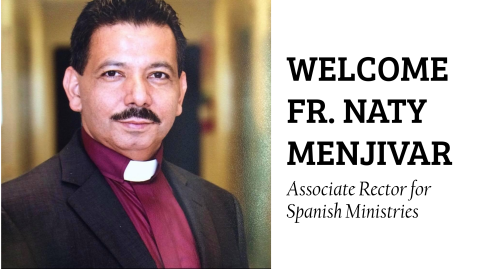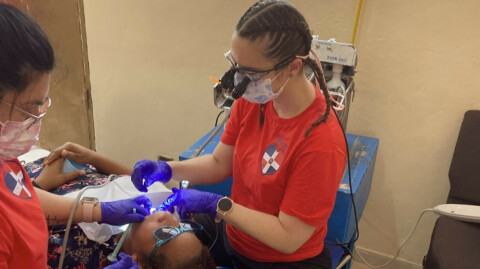The Greek word Metanoia means lifestyle change that comes about as the result of spiritual conversion. The original Biblical meaning of the concept was “to change one’s mind,” and to “come to one’s senses.” The modern understanding incarnates a more fully-developed meaning. When we experience a spiritual conversion, we not only transform our minds, but we also transform our lives. Thinking and doing are deeply interwoven, and a transformed life shows the organic nexus between thinking and doing.
For centuries sages from many spiritual traditions have tried to teach the art of transformation to eager seekers. Some have emphasized asceticism and practices like fasting, physical deprivation, and even flagellation as the path to achieving transformation. Others have advocated social engagement or a preferential option for the marginalized and the poor as a way forward. Others have moved away from “works,” and have emphasized more internal or “spiritual” means to achieve transformation, such as meditation, mantra prayers, Lectio Divina, Taizé, and other forms of worship.
Saints like Saint Francis of Assisi, St. John of the Cross, St. Theresa of Avila and other mystics teach that the path of transformation can be found in surrender and the dying of self. Rather than running away from pain, sacrifice, and suffering, these mystics profoundly find God’s presence at these dark moments. Moreover, the realization of God’s loving and accepting presence in their lives at these times leads them to Metanoia.
Many modern theologians have done great work on what they call “surrender, self-emptying, and dying to self” as pathways to transformation. In many ways, this is what the Apostle Paul means in Second Corinthians when he says, “We are afflicted in every way, but not crushed; perplexed, but not driven to despair; persecuted, but not forsaken; struck down, but not destroyed; always carrying in the body the death of Jesus, so that the life of Jesus may also be manifested in our bodies.”
There are events or seasons in our lives that threaten our faith in substantial ways. This pandemic is one of those moments. We feel abandoned by God, isolated from others, and enslaved by our circumstances or internal struggles with fear, anxiety, and depression. However, Paul reminds us that these afflictions don’t have to crush us, these perplexing moments of doubt don’t have to lead us to despair, these moments of spiritual or physical persecution do not mean God has forsaken us, and even our illnesses and frailties do not have the power to destroy us. All these experiences can lead us to profound transformation. For Paul, it is the indwelling life of Jesus in us that has the power to lead us into tremendous, life-changing, transformation. Surrendering to this indwelling life of the risen Christ in us is the path to a renewed mind, body, and spirit.
Beginning on Ash Wednesday, February 18, the season of Lent will invite us into a journey of transformation. Psalm 51 will remind us that, “Indeed I was born guilty, a sinner when my mother conceived me.” Then we will ask, “Create in me a clean heart, O God, and put a new and right spirit within me.” Joel will comfort us with his invitation, “Return to the Lord, your God, for he is gracious and merciful, slow to anger, and abounding in steadfast love, and relents from punishing.” Isaiah will warn us not to place too much value on our rituals, but to remember that the fast God wants is, “to lose the bonds of injustice, to undo the thongs of the yoke… to share your bread with the hungry, and bring the homeless poor into your house, and when you see the naked, to cover them.” These themes will be repeated throughout the season, as we acknowledge that we are broken and in need of restoration, and Scripture reminds us that God’s Son is in the human-repair business. He can lead us into transformation if we let him do it.
We have done several studies by Fr. Richard Rohr in the last few months. He has reminded us that surrender, generative self-emptying, and dying before you die are the pathways to transformation. The pattern of down and up, loss and renewal, enslavement and liberation, exile and return is quite clear in the Hebrew Scriptures. From Genesis to Revelation, we have seen the same message: difficult and dark times, often filled with pain and uncertainty, can transform us as people and communities. In fact, it is often when the night is darkest that God is the most present in our lives, if we have the courage and willingness to open our eyes to see him.
Folks often ask me what to give up for Lent. This year the answer is rather simple: Give up the illusion of control and place your trust in God. Besides this, be kind to yourself and to others. I pray that we may realize that “This light momentary affliction is preparing for us an eternal weight of glory beyond all comparison.” (2 Corinthians 4:17.) COVID-19 has placed a big sign on our backs, “Under Construction,” and although we do not see God working in us, he is busy forming us into the people he wants us to be.
May God continue to bless you,
Fr. Roman+





